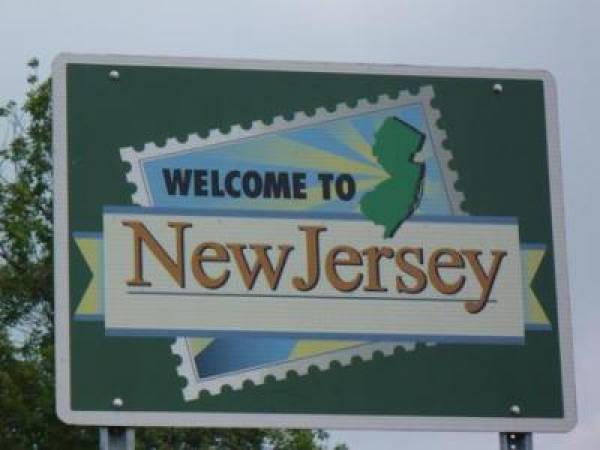New Jersey Drops Online Gambling Provision From Sports Betting Bill

(Associated Press) - Lawmakers have dropped provisions in a proposed sports betting law that would have let state residents place bets from their home computers or smartphones.
Sponsors said the changes were necessary to keep Gov. Chris Christie from vetoing the bill like he did with a measure in March that would have made New Jersey the first to approve in-state online gambling.
The bill would still let people bet on sports at Atlantic City casinos and horse tracks around the state.
Final votes still need to be made on the bill before the Republican governor acts on it. State Sen. Ray Lesniak, an Elizabeth Democrat and the bill's main advocate, said they will take place Jan. 9.
And even if Christie signs it, a federal ban on sports betting in all but four states would have to be overturned in the courts before the New Jersey law would take effect.
"We want our casinos and racetracks to hit the ground running should New Jersey prove successful in overturning this unfair federal law, and this is a step in the right direction," said Assemblyman John Burzichelli, a southern New Jersey Democrat. "New Jersey must be on the forefront of this gaming option should the opportunity arise, and this bill will accomplish that goal. We'll be ready to go once we work through the legislative process."
More after this ad....
The changes made Thursday also restore Cherry Hill as the only non-racetrack site in the state for a sports betting parlor. Legislators included the former Garden State Park racetrack site in the original bill because they felt the affluent suburban area was too lucrative to cede to Philadelphia if Pennsylvania ever approves sports betting.
Cherry Hill was removed from the Senate bill earlier this month but restored on Thursday.
Sponsors want to sue in federal court to try to overturn the federal ban on sports betting in most states.
Lesniak had tried to sue the U.S. government over a 1992 federal law called the Professional and Amateur Sports Protection Act, which limits sports betting to four states that approved it by a 1991 deadline. New Jersey weighed such a law but failed to act on it. Sports betting is now legal only in Nevada, Delaware, Oregon and Montana.
A judge dismissed Lesniak's lawsuit last year. But he said he believes that a second lawsuit will succeed with the backing of the state Legislature, a law signed by the governor and a nonbinding referendum passed by voters by a 2-1 ratio last month.
A consultant hired by an Internet gambling association estimates that sports betting could become a $10 billion-a-year industry in New Jersey, generating nearly $100 million a year in tax revenues for the state.
Supporters say the state is missing out on tax revenue because many fans bet illegally with bookmakers on sports games.

















